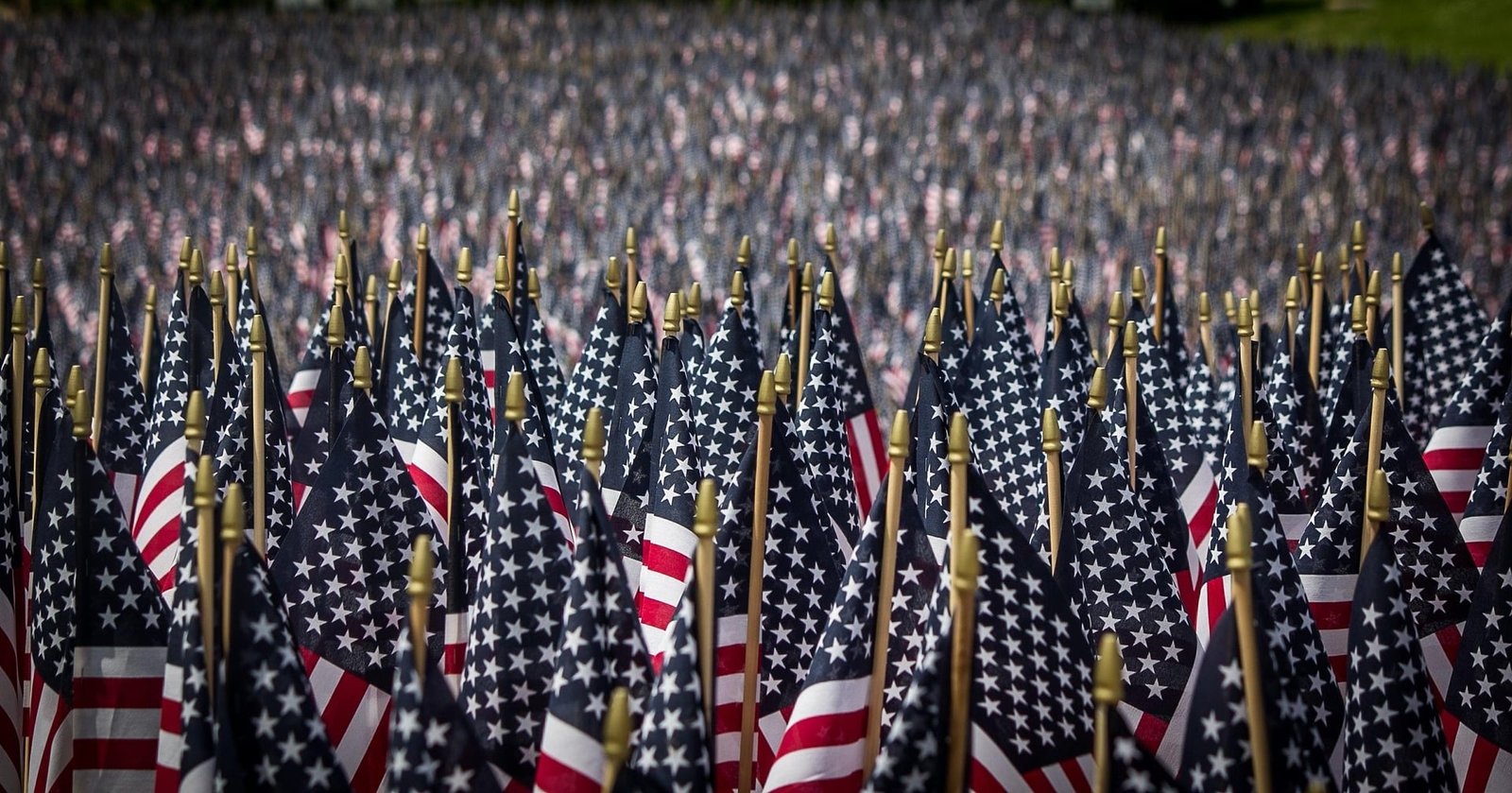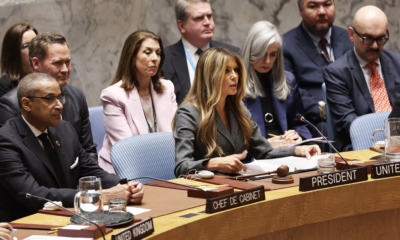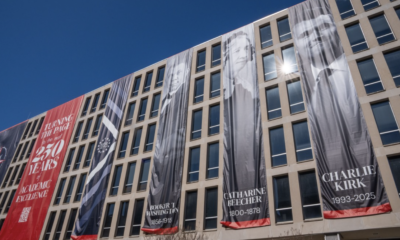Tourism
U.S. Introduces $250 ‘Visa Integrity Fee’—Here’s What Global Travelers Need to Know
International travelers hoping to visit the United States in the coming year may soon face an unexpected cost at the border. As part of President Donald Trump’s sweeping new megabill, which encompasses tax cuts, immigration changes, and spending plans, a new “visa integrity fee” has been introduced for non-immigrant visa applicants—the additional charge: a non-waivable $250 per applicant.
Though the fee is not yet active, it’s already drawing concern across the global tourism and travel sectors. Designed to take effect during fiscal year 2025 (October 1, 2024 – September 30, 2025), the fee may be subject to inflation-based increases in the future.
According to the legislation, the $250 visa integrity fee applies specifically to non-immigrant visa holders, meaning those traveling temporarily to the U.S. for tourism, business, medical treatment, or certain types of short-term work. Notably, travelers from the Visa Waiver Program’s 40+ participating countries will likely be exempt—at least for now.
Why the $250 Visa Fee Is Stirring Global Concern
U.S. Travel Association officials and tourism experts are warning that this price hike could discourage millions of would-be travelers from planning U.S. visits—especially at a time when the country is gearing up to host two of the world’s biggest events: the 2026 FIFA World Cup and the 2028 Summer Olympics in Los Angeles.
U.S. to Exit UNESCO Again Under Trump, Citing ‘Woke’ Agenda and Anti-Israel Bias
U.S. Travel CEO Geoff Freeman voiced his frustration in a statement: “Smart investments in the travel process make foolish new fees on foreign visitors…that much harder to swallow.”
Experts argue that with already lengthy visa interview wait times and high travel costs, this fee adds another burden for international tourists—without solving the core issues of inefficiency and accessibility.
View this post on Instagram
Interestingly, the legislation allows for the possibility of reimbursement—but only if the visitor complies with the visa terms (e.g., no overstays or unauthorized employment). However, the Department of Homeland Security has yet to clarify how or when the fee will be collected and refunded, leaving uncertainty over the process.
The U.S. Travel Association summed it up by stating that the new visa integrity fee increases the upfront costs of visiting the U.S. by 144%, while doing nothing to reduce interview wait times.
What This Means for Future U.S. Tourism
As the U.S. attempts to position itself as the premier global destination for travel and events, critics argue that measures like the visa integrity fee may work against that goal. With millions expected to travel for the Olympics and World Cup, even a small percentage of discouraged travelers could amount to major economic losses.
For now, travelers should stay updated on visa policy announcements—and be prepared for additional fees that may impact trip planning.









































